1. OpenAI (ChatGPT)
This is ChatGPT’s API.
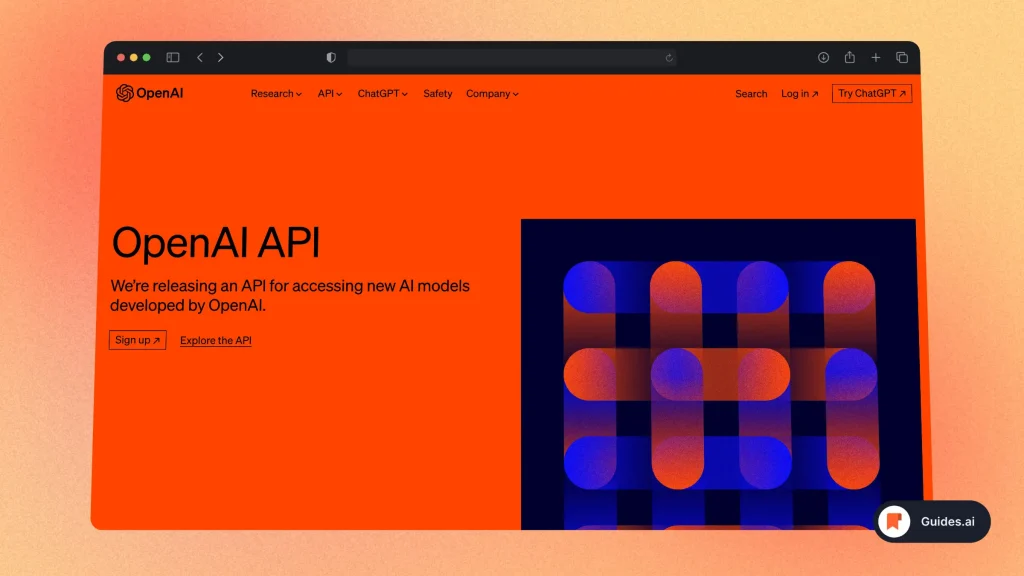
Pros
- Extremely versatile text generation
- Highly customizable
- Wide industry applications
Cons
- Can be expensive
- Requires coding knowledge
- Limited to text-based tasks
Pricing
- Pay-as-you-go, starting from $0.06 per token
Features
- Text summarization
- Chatbot creation
- Language translation
2. IBM (Watson)
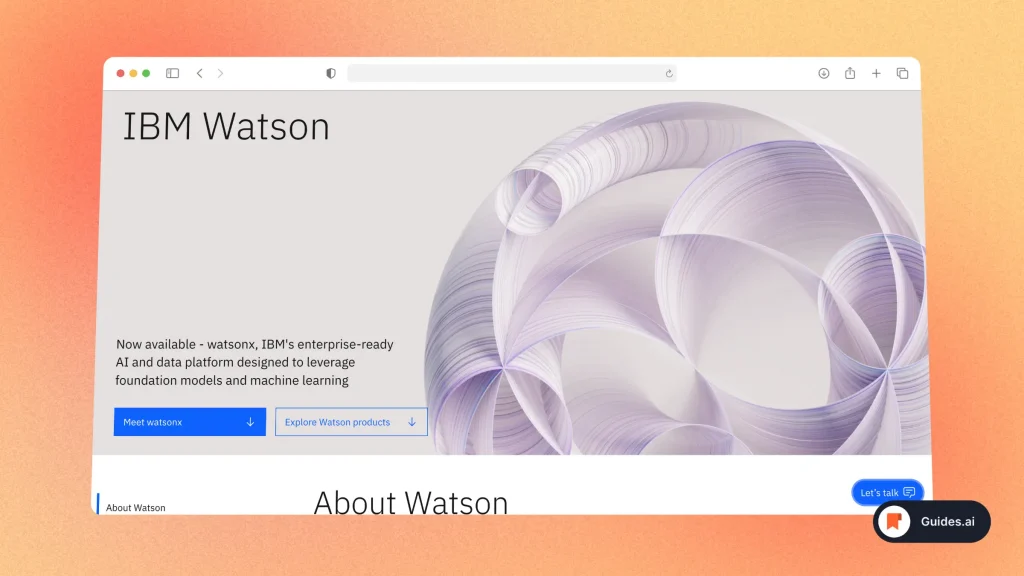
Pros
- Offers a broad range of AI services
- Strong focus on enterprise solutions
- Solid security measures
Cons
- Complexity can be daunting
- Expensive for small businesses
- Learning curve for non-techies
Pricing
- Free tier available, enterprise pricing varies by service
Features
- Natural language understanding
- Text-to-speech & speech-to-text
- Visual recognition
3. Anthropic (Claude)
This is the API for Claude.
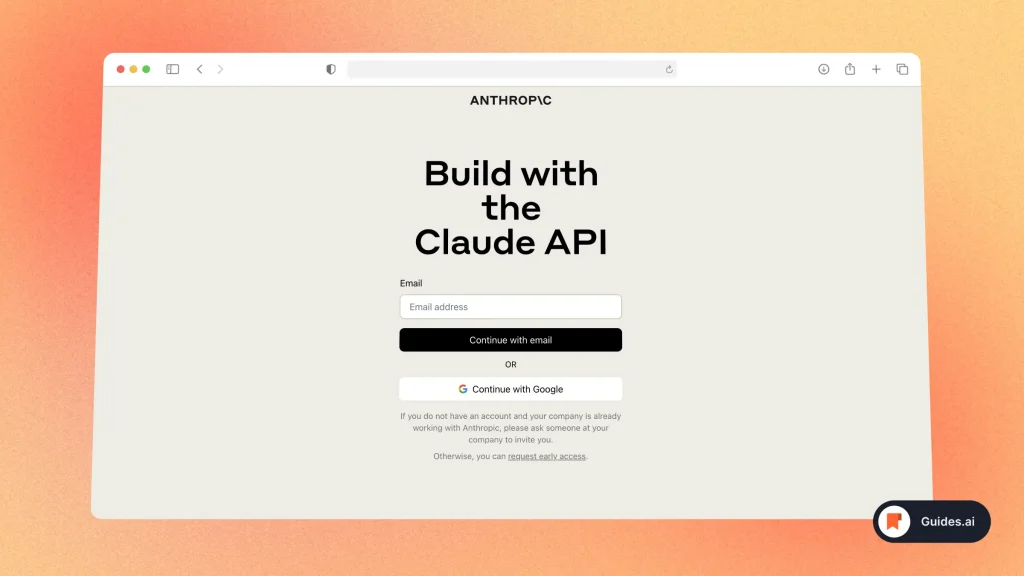
Pros
- Specialized in conversational models
- Tailor-made to support various applications
- Good for building chatbots or virtual assistants
Cons
- Limited to text-based applications
- Could be costly depending on usage
- Not as well-known as other platforms
Pricing
- No public pricing.
- Need to contact them for quotes
Features
- Conversational agents
- Customizable behavior
- Language understanding
4. GooseAI

Pros
- Focused on natural language processing
- Strong emphasis on document automation
- Built to work with legal and business documents
Cons
- Specific niche, not for all types of text generation
- Pricing can be a factor for small businesses
Pricing
- Custom pricing based on needs; contact for a quote
Features
- Document summarization
- Contract analysis
- Content generation for legal/business documents
5. Google
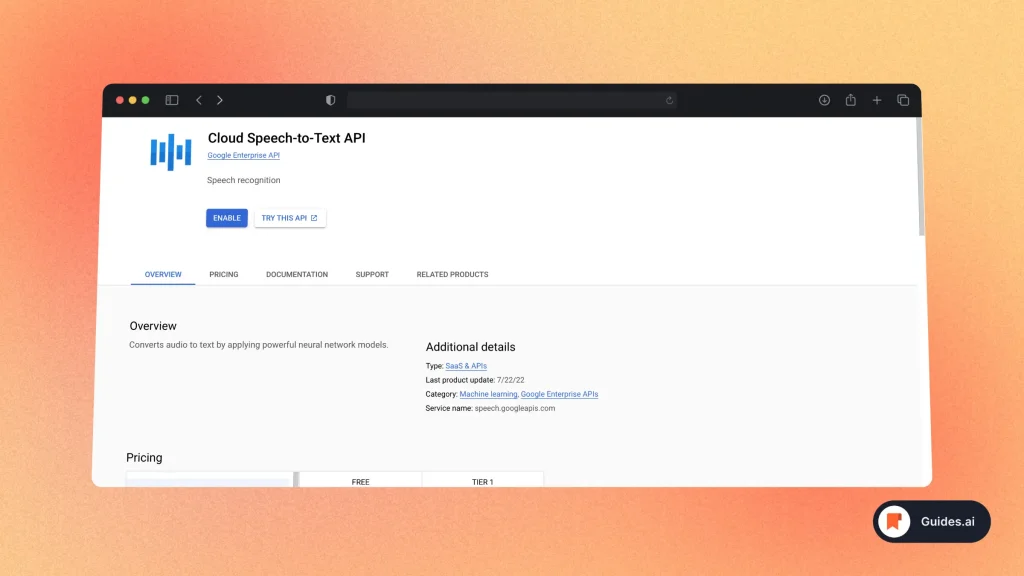
Pros
- High accuracy rate
- Multilanguage support
- Backed by Google’s machine learning
Cons
- Might get pricey with heavy usage
- API may require some technical know-how
Pricing
- Free tier available; paid plans based on usage
Features
- Transcription service for audio files
- Real-time streaming transcription
- Noise cancellation and speaker identification
7. Wit.ai
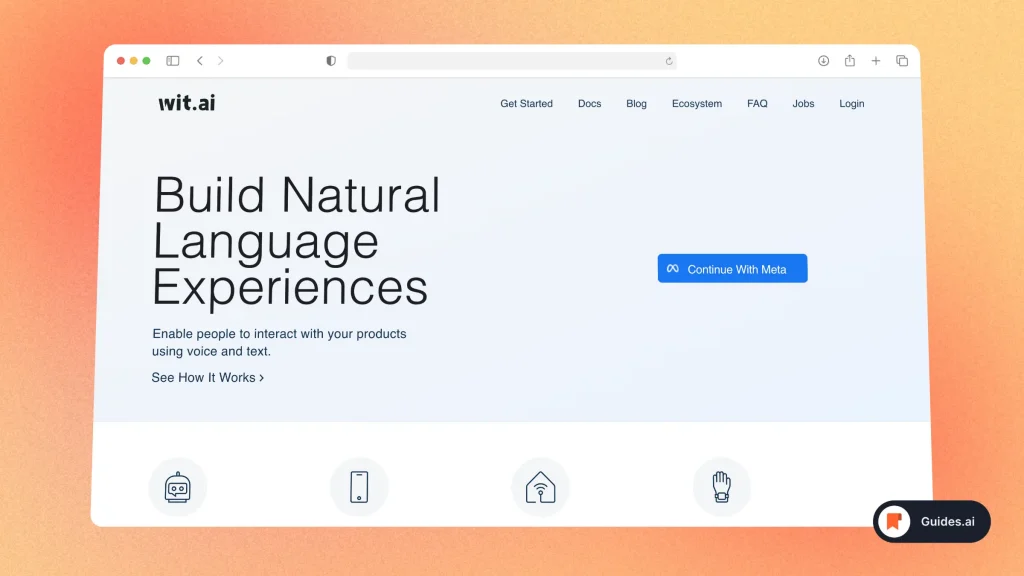
Pros
- Easy integration with apps and devices
- Open-source support
- Great for building conversational interfaces
Cons
- Less suited for complex natural language processing tasks
- Documentation could be better
Pricing
- Free to use
Features
- Text and speech to data conversion
- Voice command recognition
- Pre-built entities for easy extraction
8. Kairos
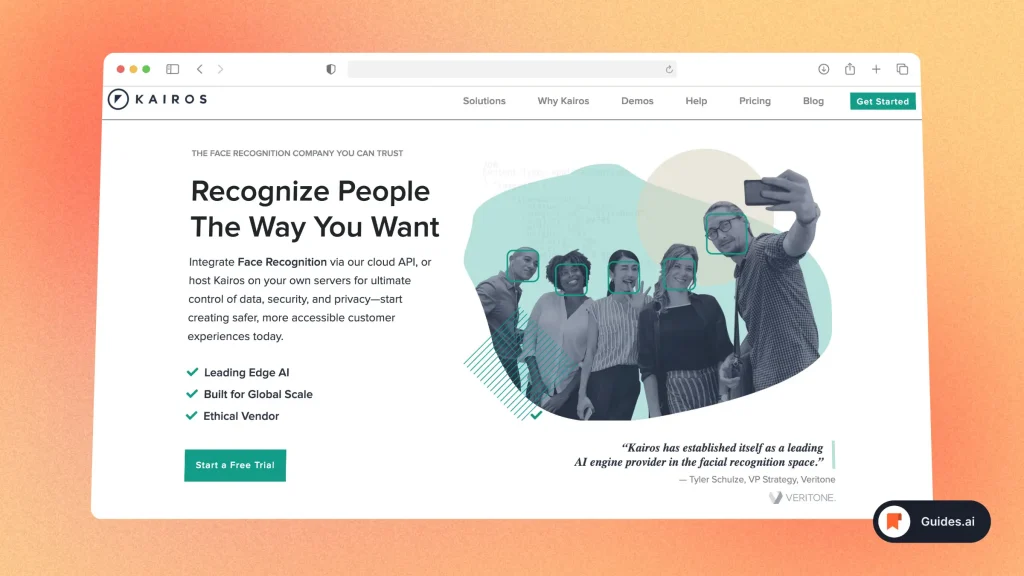
Pros
- Specialized in facial recognition
- Can identify emotions and demographic information
- API is easy to implement
Cons
- Limited to face-based tasks
- Some privacy concerns
Pricing
- Pay-as-you-go, starting from $19.99/month
Features
- Gender and age detection
- Emotion analysis
- Real-time video analysis
9. Cohere.ai

Pricing
- Free tier available
- Premium plans start at $50/month
Pros
- Wide range of natural language tasks
- Simplifies connecting AI agents to the Internet
- Supports a wide range of AI models (LLM agnostic)
- Enables dynamic control over service access
Cons
- Might be pricey for small businesses
- Quota limitations on the free tier
Features
- Text completion
- Language translation
- Sentiment analysis
10. Mindware
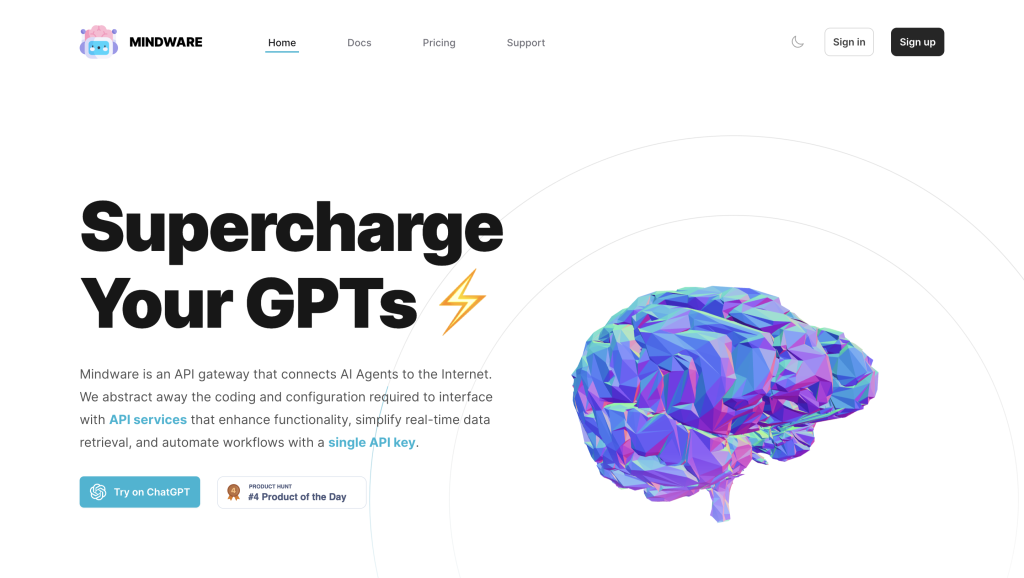
Mindware – API Gateway for AI Agents
Pricing
- Freemium model with generous rate limits
- Pro version at $4.99/month for unlimited access
Pros
- Simplifies connecting AI agents to the Internet
- Supports a wide range of AI models (LLM agnostic)
- Enables dynamic control over service access
Cons
- Limited user feedback due to its novelty
- Some features still in beta
Features
- Single API key access to multiple services
- Compatibility with both open and closed-source LLMs
- Dynamic exposure for enhanced security and flexibility
- Beta authentication for secure service access


